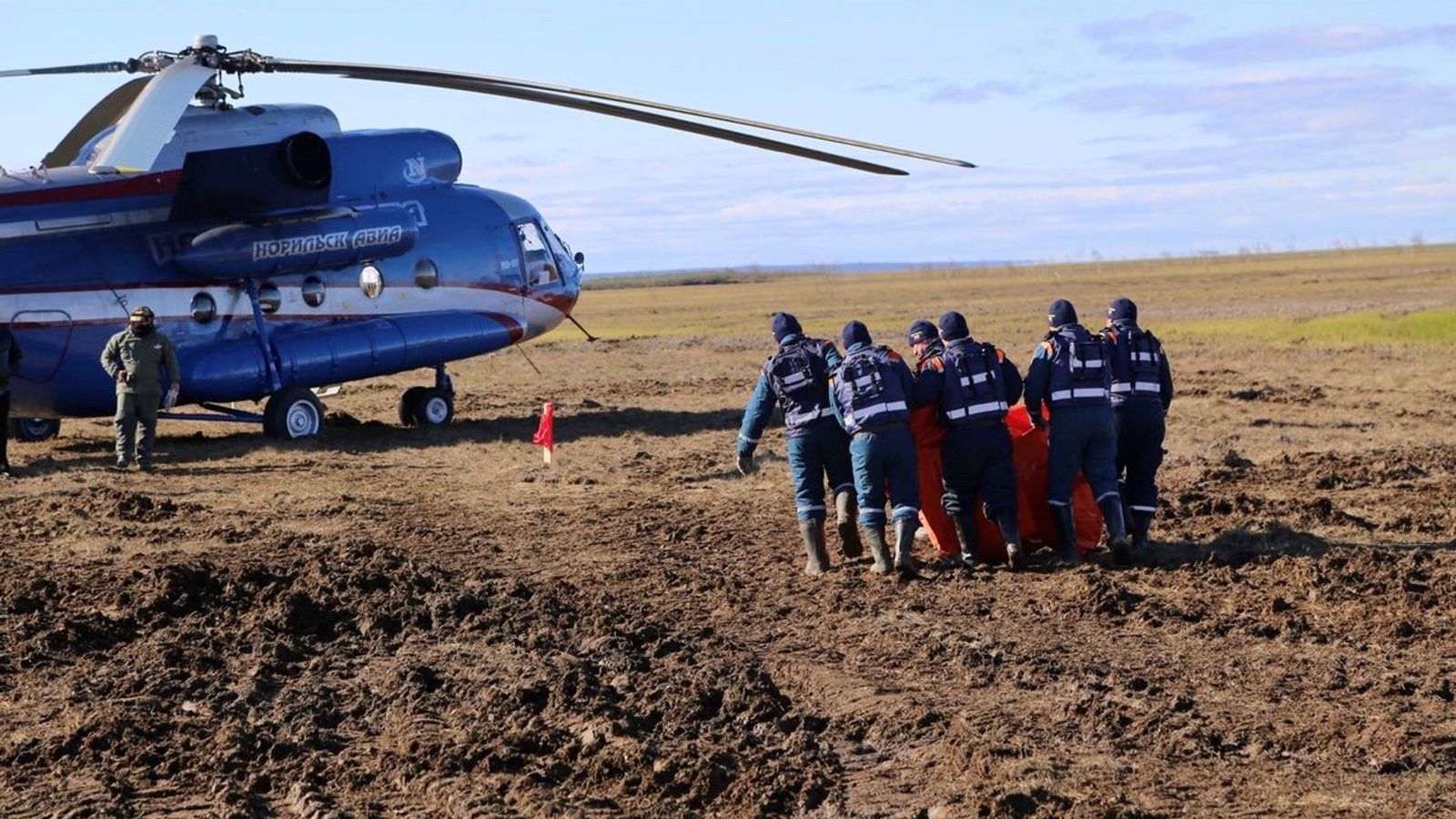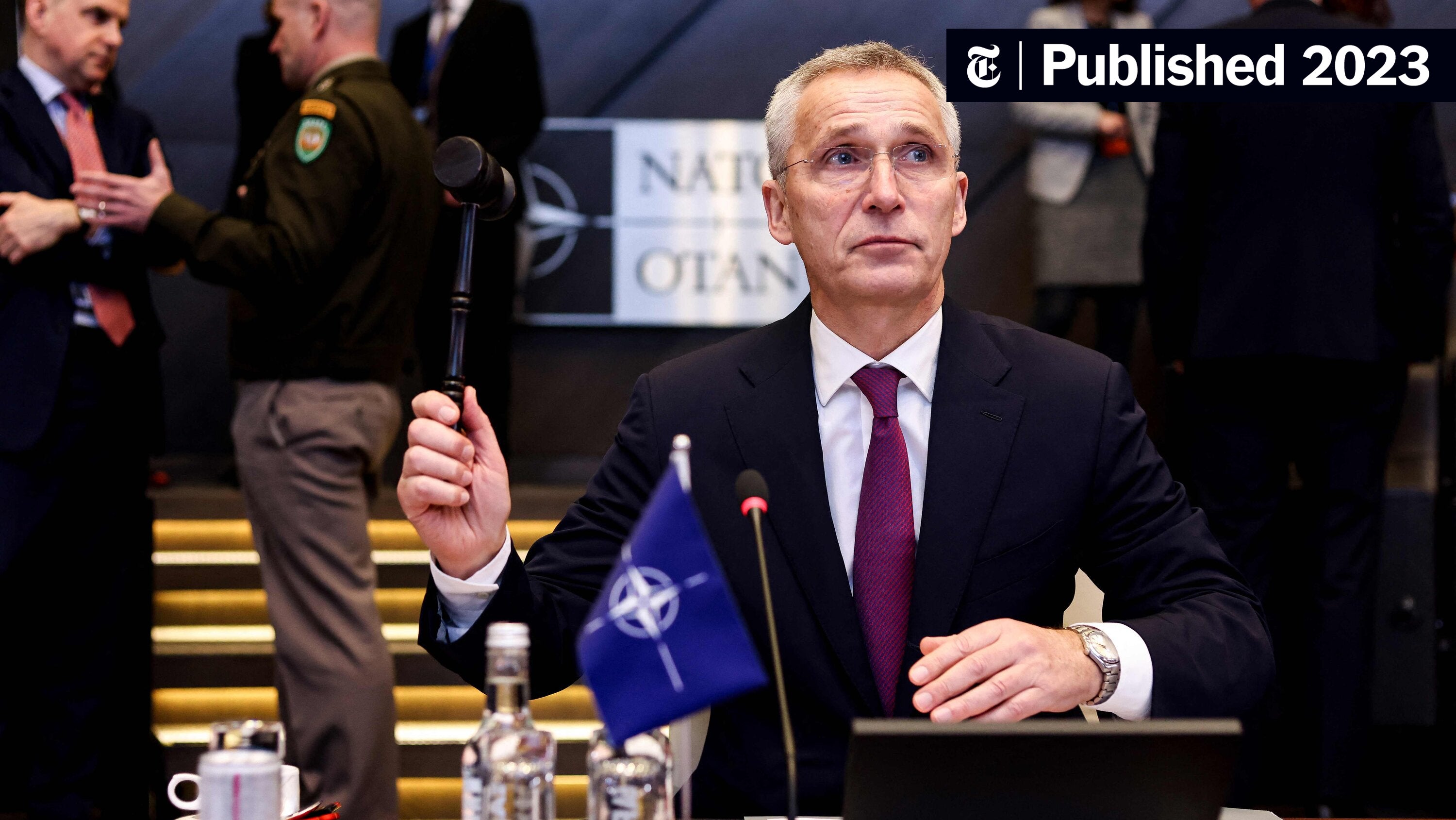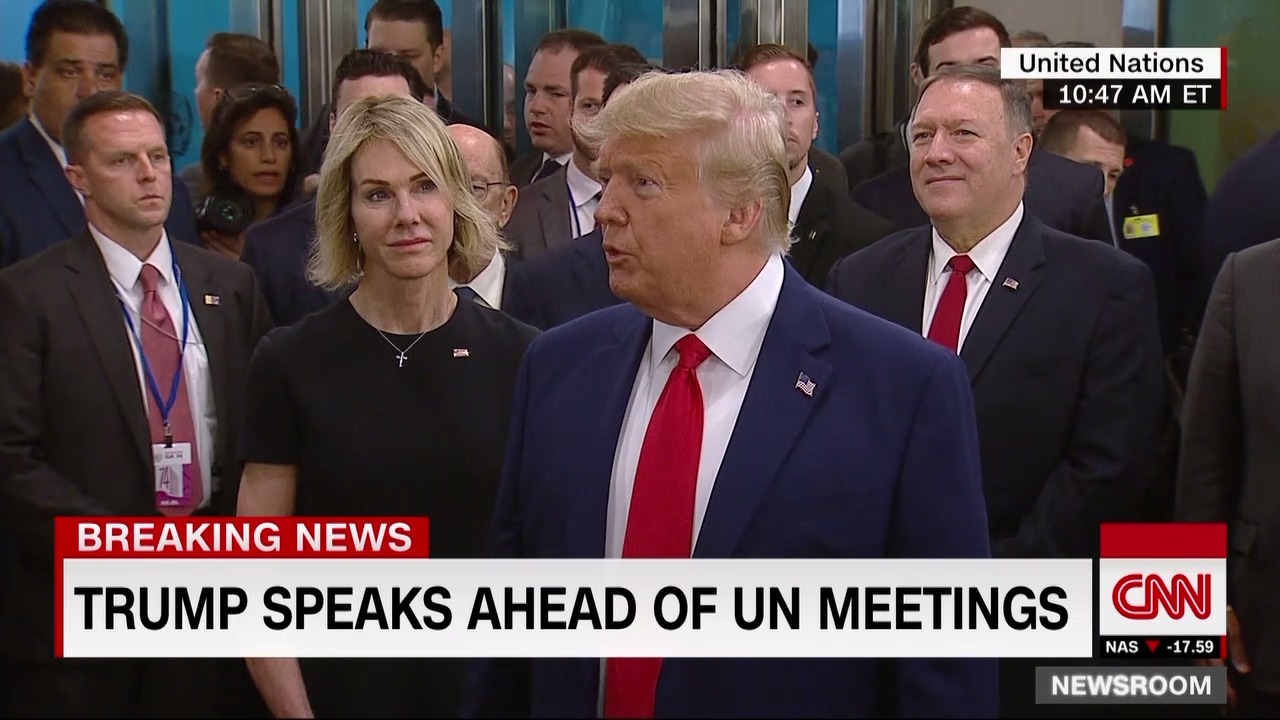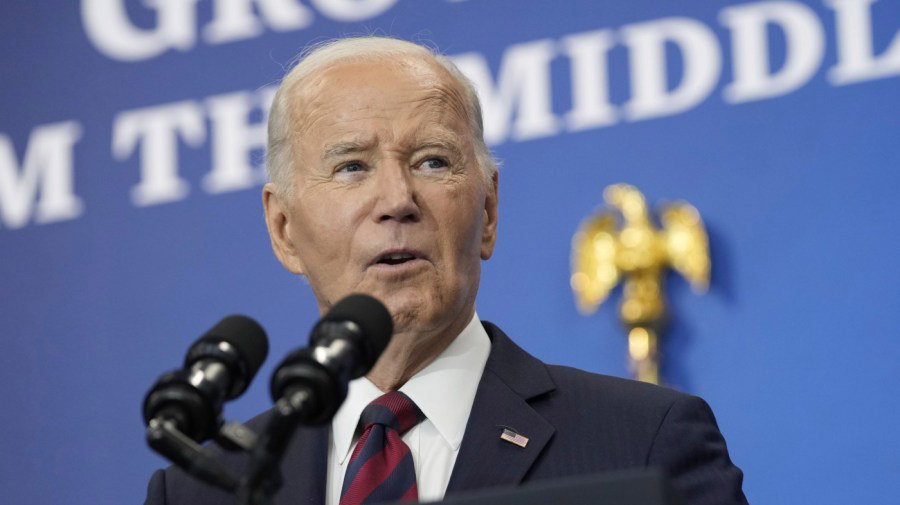Denmark Accuses Russia Of Spreading False Greenland News To Fuel US Tensions

Table of Contents
Specific Accusations of False Greenland News
Danish intelligence services have presented compelling evidence suggesting a coordinated Russian effort to disseminate false narratives about Greenland through various media channels. This disinformation campaign leverages both traditional media outlets and social media platforms to reach a wide audience. The fabricated stories consistently paint a negative picture of the US presence in Greenland and exaggerate the potential risks associated with increased Western involvement in the region.
-
Fabricated Stories: Examples include exaggerated reports of a massive US military buildup in Greenland, including fictional accounts of new bases and advanced weaponry. Other stories focus on fabricated economic deals, portraying Greenland as being exploited by the US. These narratives are often amplified through seemingly independent social media accounts, creating an echo chamber effect.
-
Targeting and Dissemination: The disinformation campaign appears to be strategically targeted at both the Greenlandic population and international media outlets. Russian state-controlled media outlets are prominently involved, further adding to the credibility of the claims, at least for those predisposed to believe the narratives.
-
Danish Intelligence Reports: While specific details remain classified for national security reasons, Danish intelligence agencies have publicly confirmed the existence of a disinformation campaign and implicated Russia as the primary source. These reports detail the sophisticated techniques used to spread the false narratives and their ultimate goals.
Russia's Motives Behind the Disinformation Campaign
Russia's interest in Greenland, and the Arctic more broadly, is multifaceted and driven by several key strategic objectives. The disinformation campaign can be viewed as a tool to further these aims.
-
Arctic Resource Competition: Greenland possesses significant natural resources, including valuable minerals and potential oil and gas reserves. Russia's interest in controlling or influencing access to these resources is a key driver of its Arctic policy. Undermining US influence in Greenland could potentially pave the way for increased Russian access.
-
Undermining US Influence and NATO Expansion: The US maintains a strategic military presence in Greenland, primarily focused on early warning systems and defense. By spreading false news designed to damage the reputation of the US, Russia seeks to reduce US influence in the region and potentially hinder the expansion of NATO’s influence in the Arctic.
-
Geopolitical Advantage: Russia aims to establish itself as a dominant player in the Arctic region. Exacerbating tensions between the US and its allies through disinformation can create an environment of instability that benefits Russia's own strategic goals. This aligns with broader Russian efforts to challenge the existing global order.
-
Alternative Explanations: It's important to note that while the evidence points towards Russia, other actors or factors could potentially play a role. However, the scale and sophistication of the campaign strongly suggest a state-sponsored operation.
The Implications for Geopolitical Stability in the Arctic
The implications of Russia's alleged disinformation campaign are significant and far-reaching for the geopolitical stability of the Arctic region.
-
Escalation of Tensions: The spread of false narratives can lead to increased mistrust and miscalculation, potentially escalating tensions between Russia and the West. This is particularly concerning in the Arctic, where the potential for military conflict, though low, remains a serious concern.
-
Information Warfare: This incident highlights the growing importance of information warfare as a tool of geopolitical competition. Disinformation campaigns undermine public trust in legitimate news sources and can make it difficult to discern truth from falsehood.
-
International Cooperation: Countering disinformation requires international cooperation and coordination. Sharing intelligence and developing strategies to combat propaganda is crucial in maintaining peace and stability in the Arctic.
-
Hybrid Warfare: This campaign is a prime example of hybrid warfare, where conventional and unconventional methods, including disinformation and propaganda, are combined to achieve strategic goals. This tactic poses unique challenges to traditional security approaches.
Conclusion
Denmark's accusations against Russia regarding the spread of false Greenland news underscore a worrying trend of disinformation campaigns aimed at destabilizing the Arctic and influencing international relations. This alleged manipulation of information serves as a stark reminder of the growing threat of information warfare and the urgent need for robust countermeasures. Russia's motives, likely stemming from a desire to undermine US influence and advance its own strategic interests in the Arctic, further highlight the rising tensions in the region. Understanding the complexities of this situation, where false Greenland news fuels US tensions, requires continued vigilance. Stay informed about the evolving geopolitical landscape in the Arctic and the ongoing battle against disinformation campaigns. Learn more about the impact of false news on international relations and the importance of critical thinking in the digital age.

Featured Posts
-
 Analyzing Trumps View On Ukraines Nato Membership
Apr 26, 2025
Analyzing Trumps View On Ukraines Nato Membership
Apr 26, 2025 -
 Trump Casts Doubt On Ukraines Nato Aspiration
Apr 26, 2025
Trump Casts Doubt On Ukraines Nato Aspiration
Apr 26, 2025 -
 Congressional Stock Trading Ban Trumps Position Revealed In Time Interview
Apr 26, 2025
Congressional Stock Trading Ban Trumps Position Revealed In Time Interview
Apr 26, 2025 -
 Bmw And Porsche In China Market Headwinds And Strategic Responses
Apr 26, 2025
Bmw And Porsche In China Market Headwinds And Strategic Responses
Apr 26, 2025 -
 Geopolitical Showdown A Us Military Base And The China Challenge
Apr 26, 2025
Geopolitical Showdown A Us Military Base And The China Challenge
Apr 26, 2025
